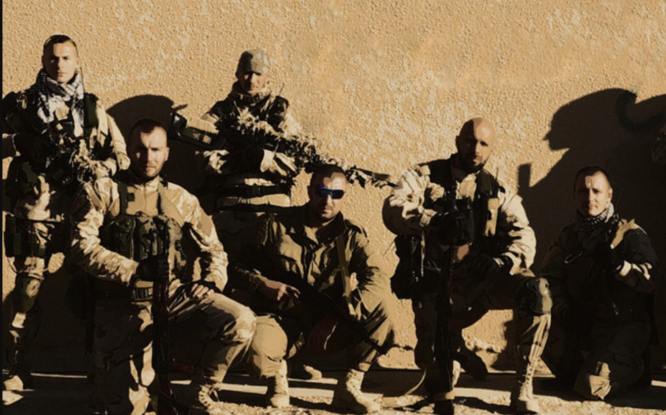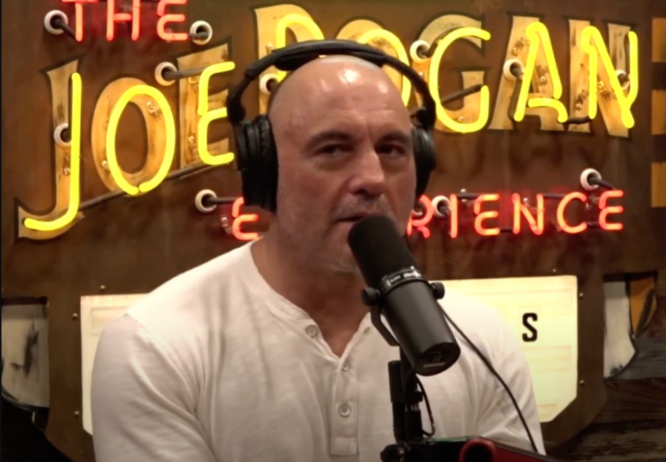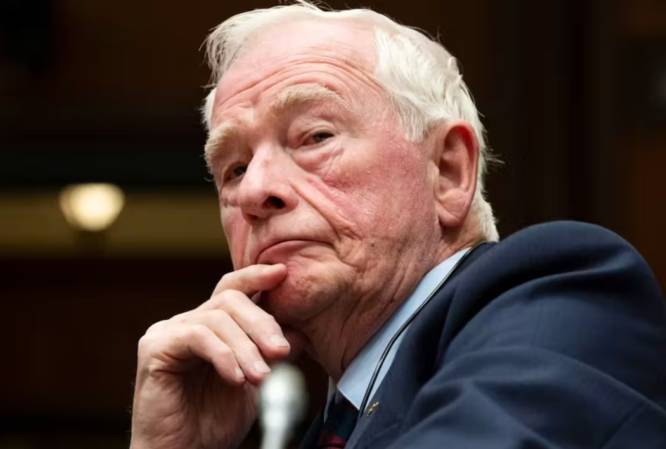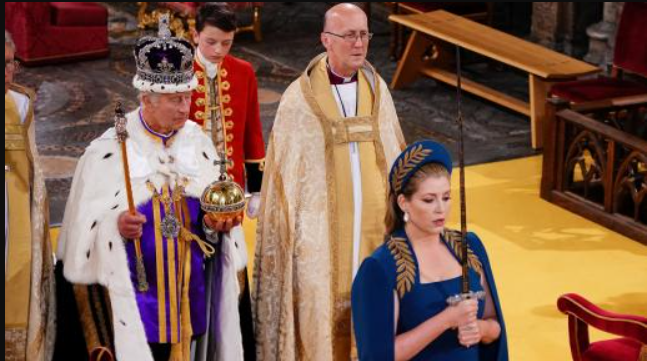Wagner PMC founder Yevgeny Prigozhin delivered another fiery interview after Bakhmut’s triumph.
He harshly criticized the Russian minister of defense and his chief of staff, Russia’s “deep state”—the presidential administration and the “quasi-defense” establishment—and the elites who hide their kids from conflict.
“As long as there is a fight, we have to fight it well,” he said, adding that the lengthy conflict ahead will be devastating. Prigozhin voiced the brutal truth, which raises the question how he gets away with it when others are jailed for considerably milder remarks.
He represents a large part of Russian society. These pro-war folks are appalled by the corruption and ineptitude that have cost army lives.
Those who can act politically and forcibly share this anti-elite yet “patriotic” mood, giving Prigozhin a sense of broad resonance.
The 2014 Donbas insurgents, the “heroes” of the Russian Spring, are prominent among these personalities. Westerners generally believe this insurrection was a Kremlin plot.
Igor Strelkov (actual name Girkin) and field commanders disagreed with my findings. Many of these commanders were anti-Putin and wanted to create an idealized Russian society in eastern Ukraine, called “Novorossiya,” to contrast with Putin’s crony capitalism.
I believed they were sincere and willing to die for a better cause. I think this group will help in a crisis, which may be approaching.
The Russian state, originally unsure how to handle these strongly pro-Russia yet rebellious personalities, realized they were dangerous. Suppressed since 2017.
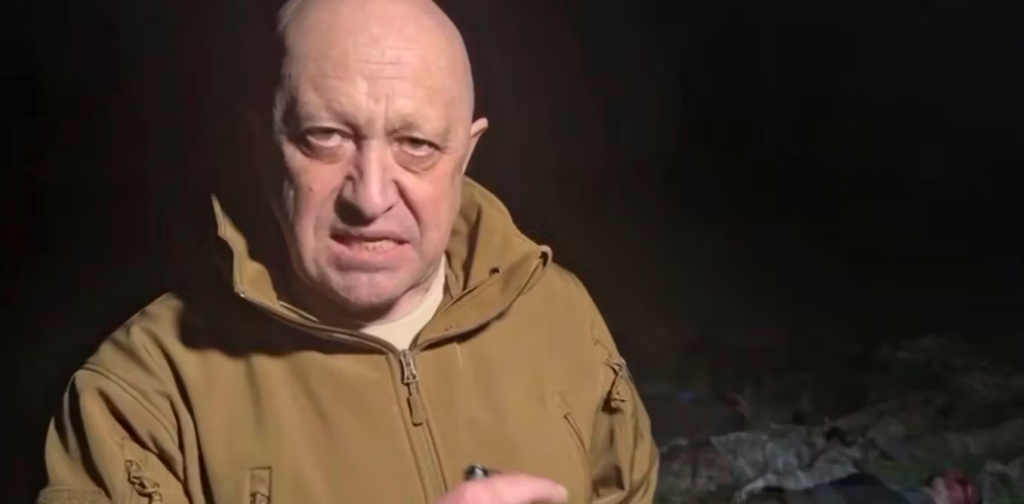
In 2021, Sputnik–i-Pogrom’s editor, Yegor Prosvirnin, died under unexplained circumstances. Survivors “milblogged” because they were kept out of politics and media.
War-loving men
These men enjoy war, weaponry, tactics, historical battles, wargaming, uniforms, and battle thrills. They’re everywhere, but Russia’s action in Ukraine gave them political power.
These “internet warriors” risen from political obscurity. Their Telegram resources attract enormous readership.
Rybar (1.13 million subscribers), WarGonzo (1.3 million), and Igor Strelkov, the former “minister of defense” of the self-declared Donetsk People’s Republic, who started the 2014 uprising (790.000), have more Russian subscribers than liberal channels.
Voenkory, or war journalists, upload stories, films, and interact with viewers. Viewers like their frank appraisal of frontline reality, knowledgeable sources, compelling journalism, and fascinating guests.
Collective emotions matter, and the “warriors” established a captivating subculture. Vladlen Tatarsky (Maxim Fomin), who stole banks, served time, fled jail when a tank shelled it, participated in the Donbas uprising, wrote three memoirs, and ran a popular channel, is a legend. He was just assassinated. Tatarsky and others liked battle, even if it was brief.
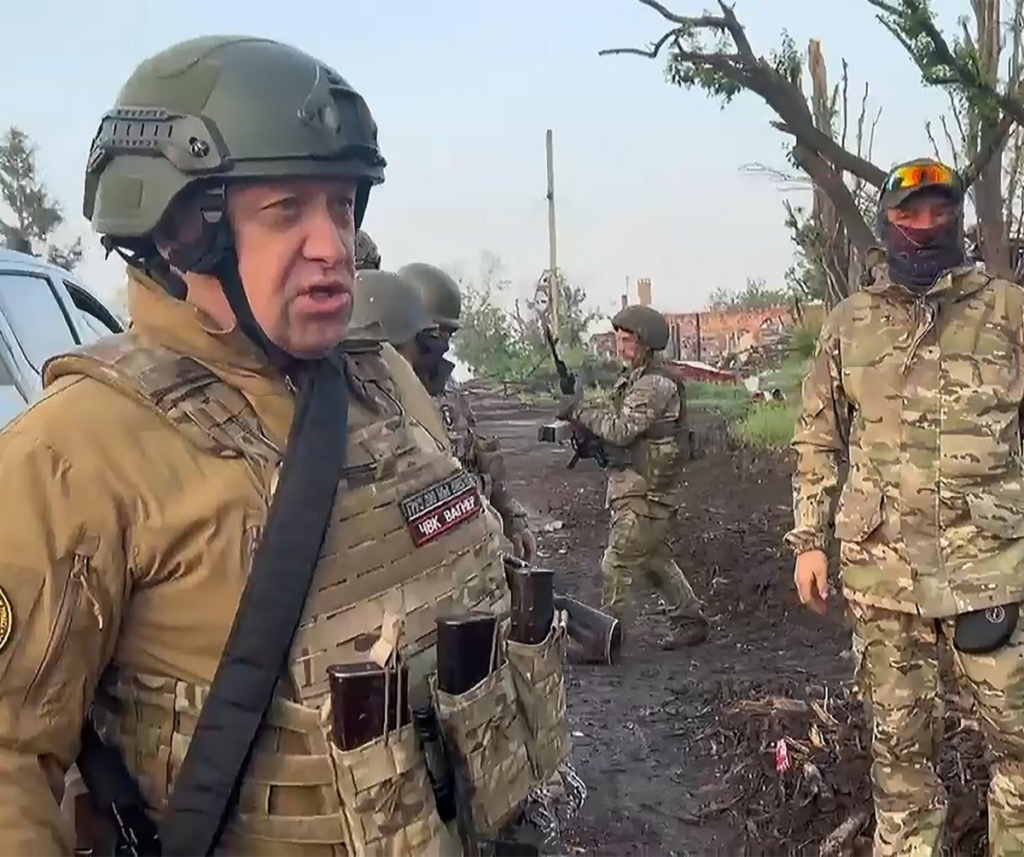
Tatarsky’s YouTube channel, “Reverse Side of the Medal,” sells martial apparel and insignia like the Wagner group’s crimson skull with two mortar shells, which are recognized by adherents.
Culture clash
Thus, two very different military cultures clash: a hierarchical and top-heavy ministry of defense structure with state resources and the guerrilla tactics of volunteers and private military organizations (PMCs) that rely on improvisation and initiative.
Both sides are apprehensive. Wagner’s ammo supply has been restricted by the defense ministry. Prigozhin blames them for the military defeat. Putin seems to love the generals being questioned.
The state may need this “warrior” demographic on the frontlines and to keep society pro-war. The Kremlin is aware of the hazards of “warriors” like Prigozhin, who may become ambitious.
They disagree on Russia’s future and have personal grudges. However, a political movement that might influence post-Putin Russia is emerging.
If an internal catastrophe, like Putin’s death, creates a window of opportunity and the governing class lose control, this group will be most ready to act. Prigozhin will provide organizational, financial, and media resources.
Prigozhin will be a kingmaker. Thus, we must seek beyond Kremlin influence and identify autonomous people who can shape the new system.

